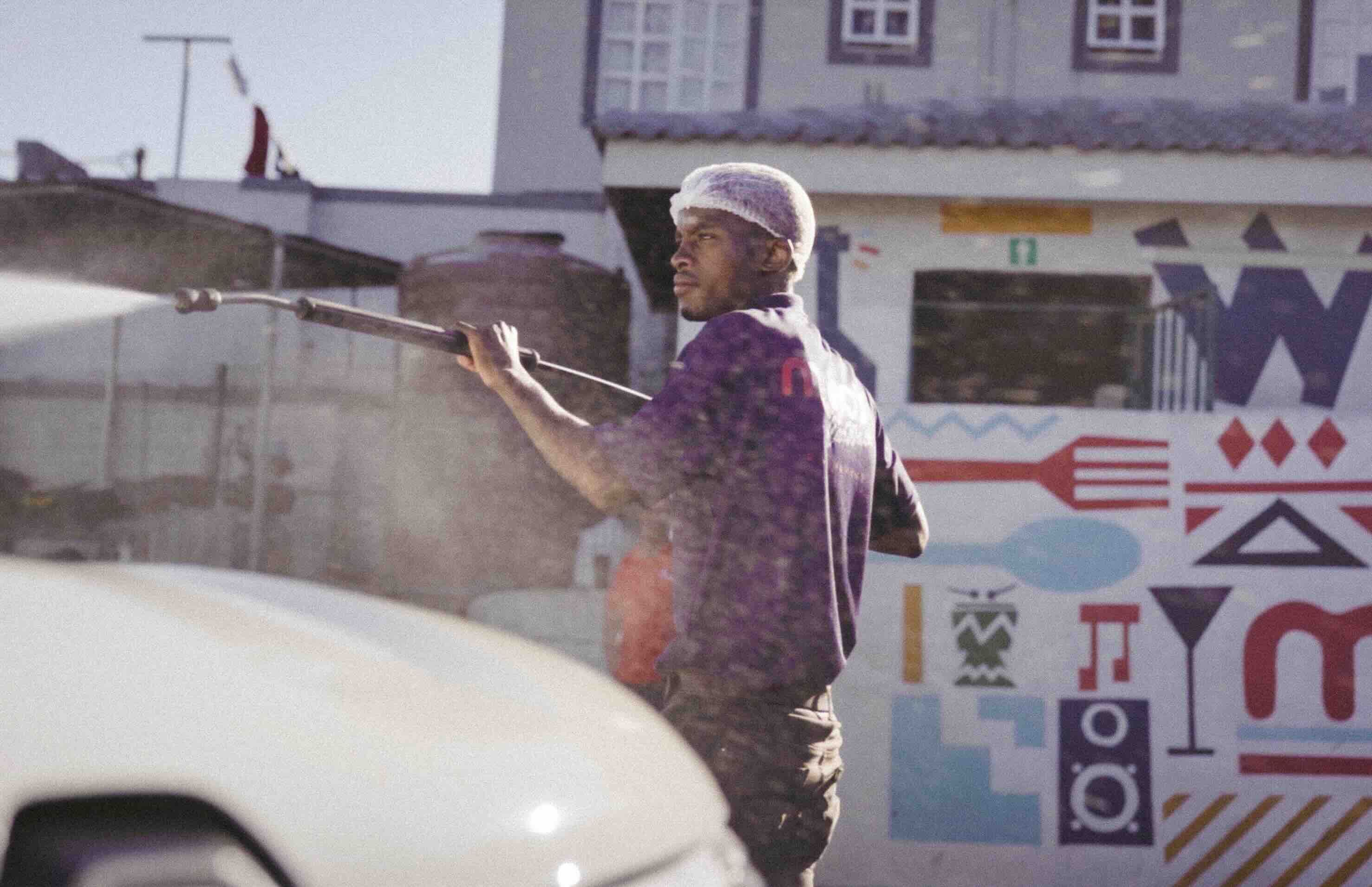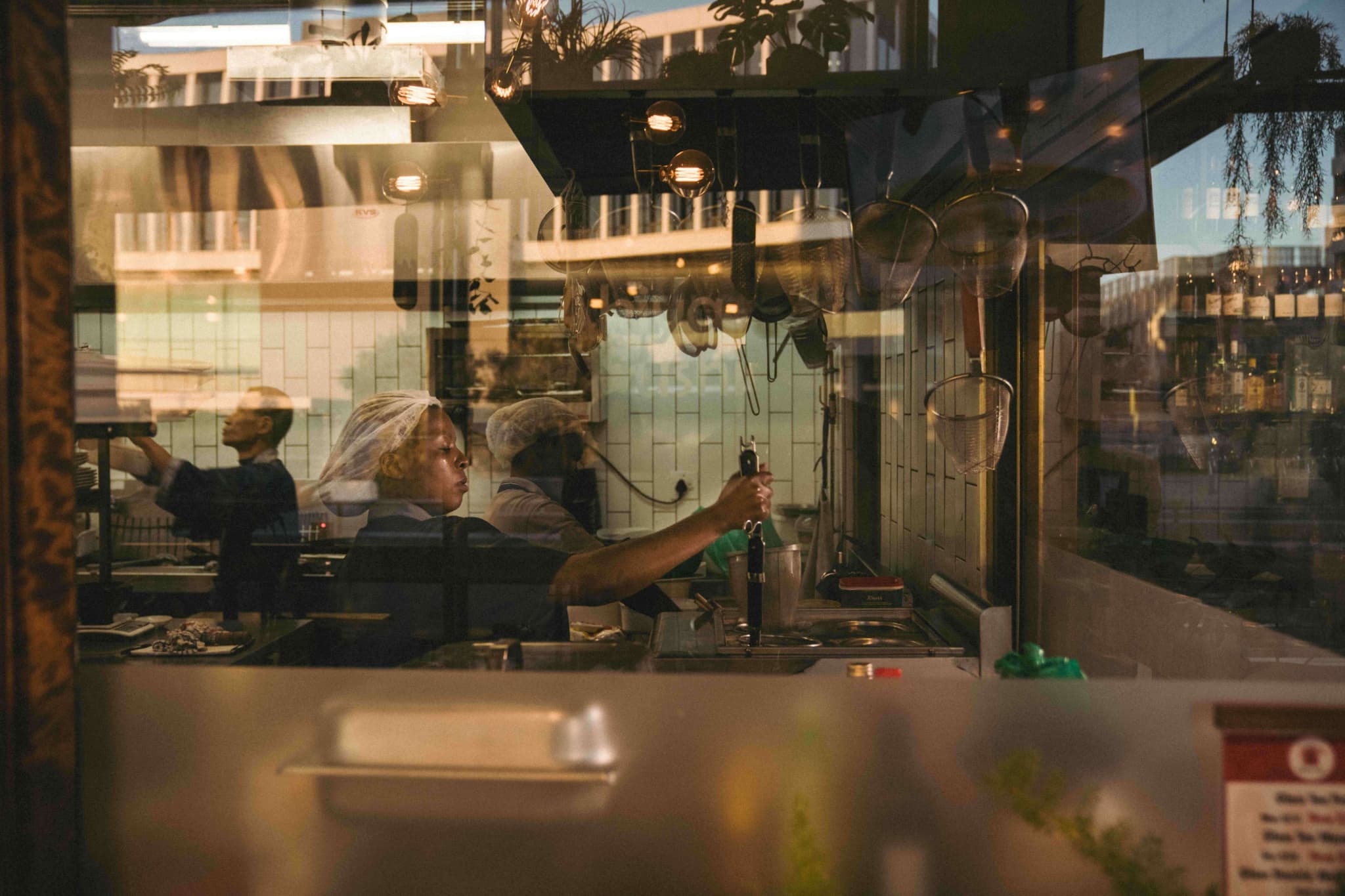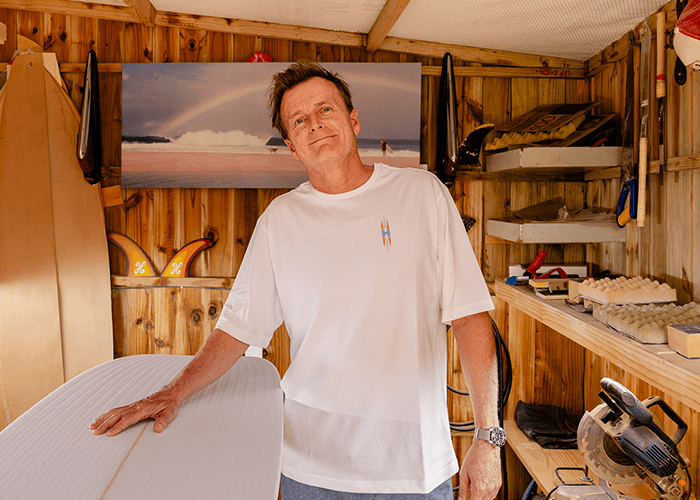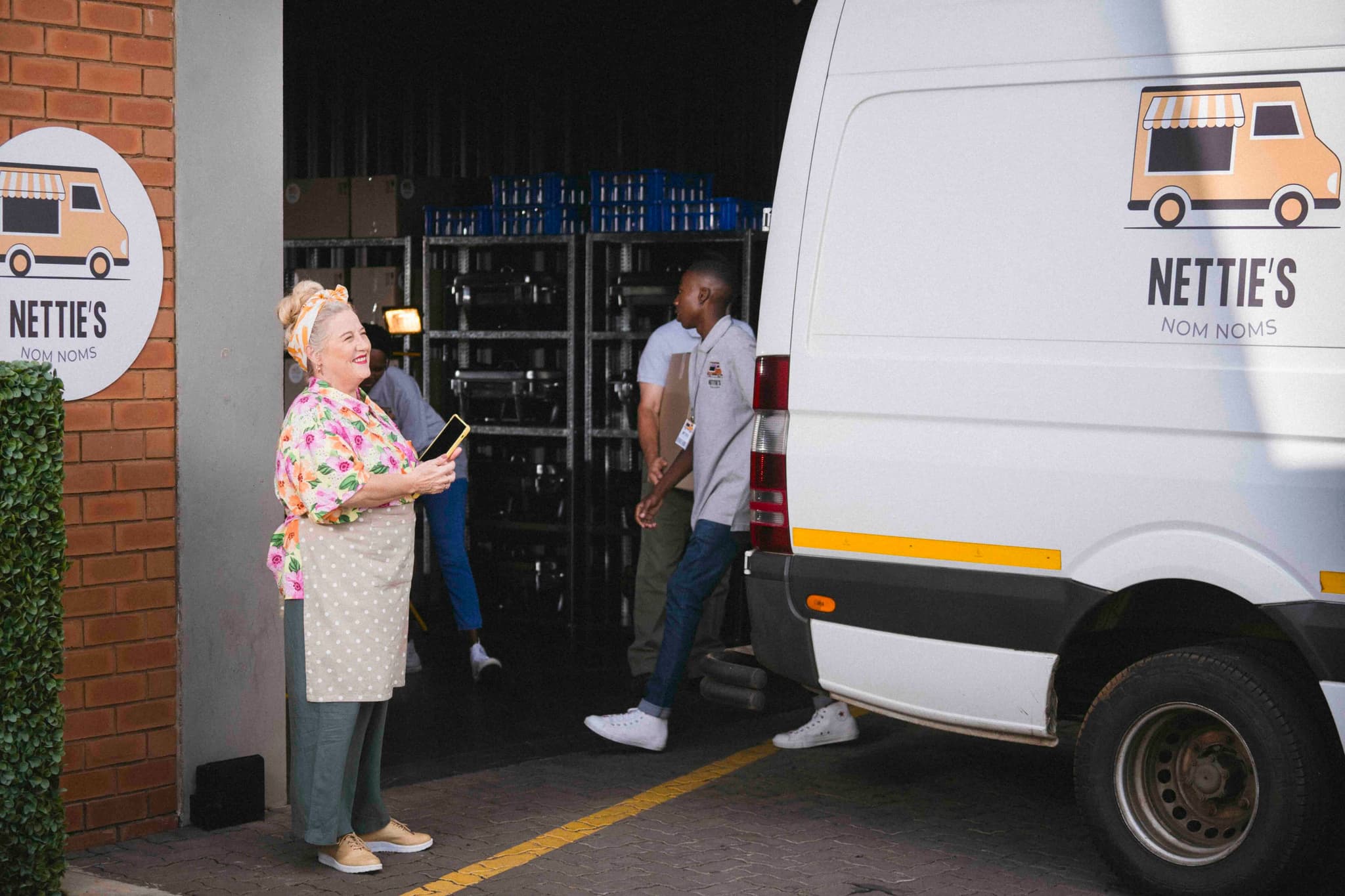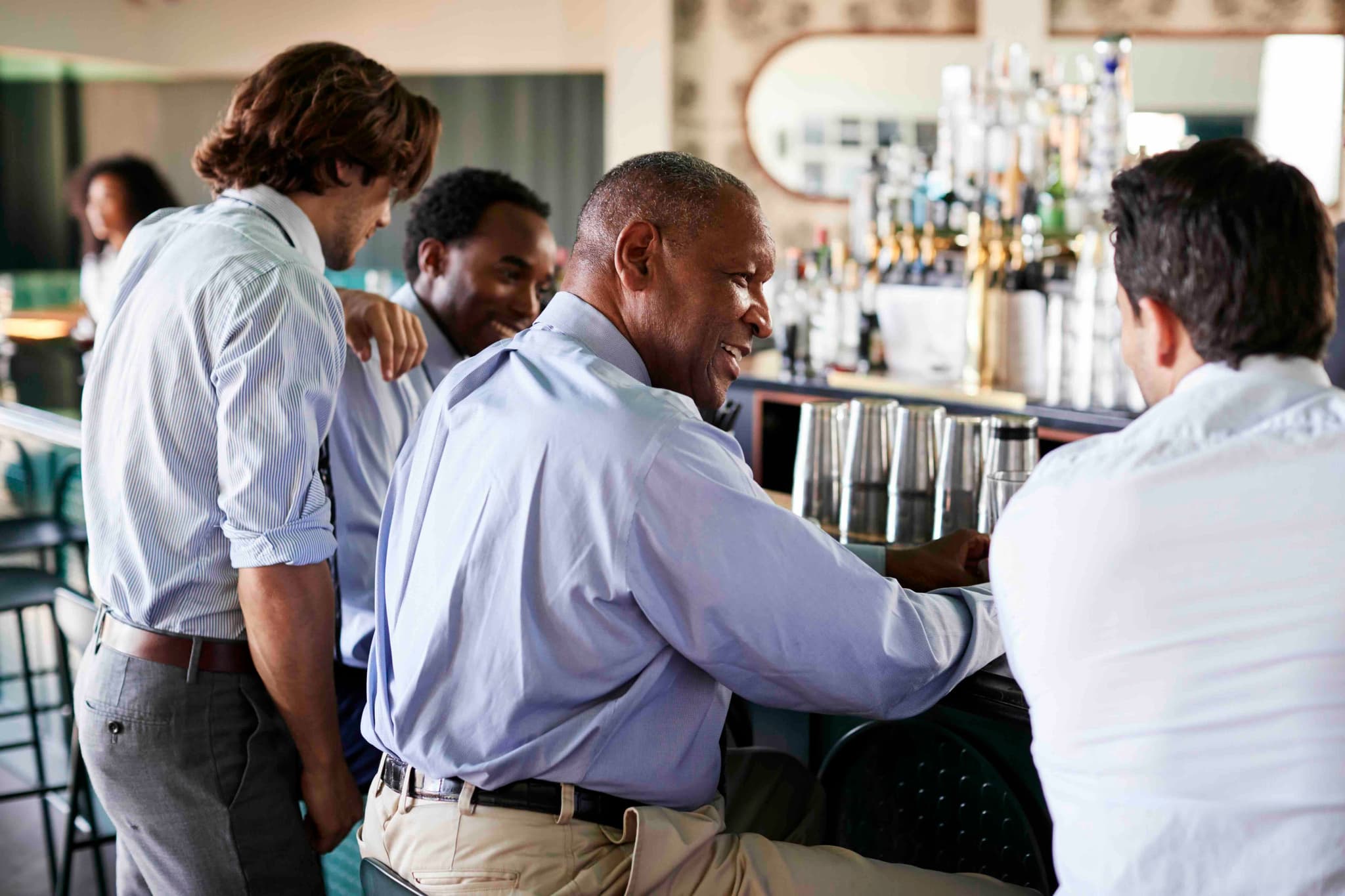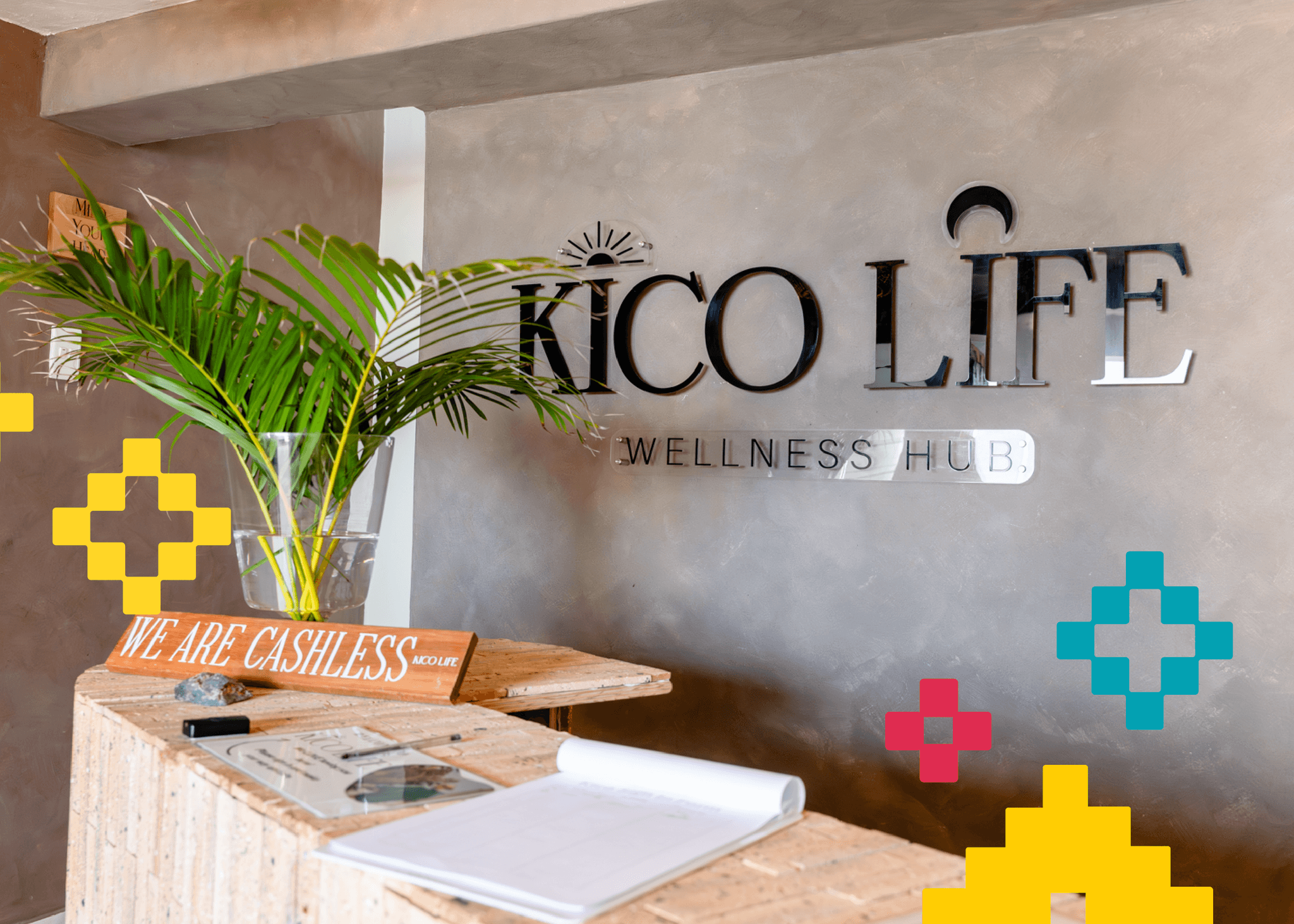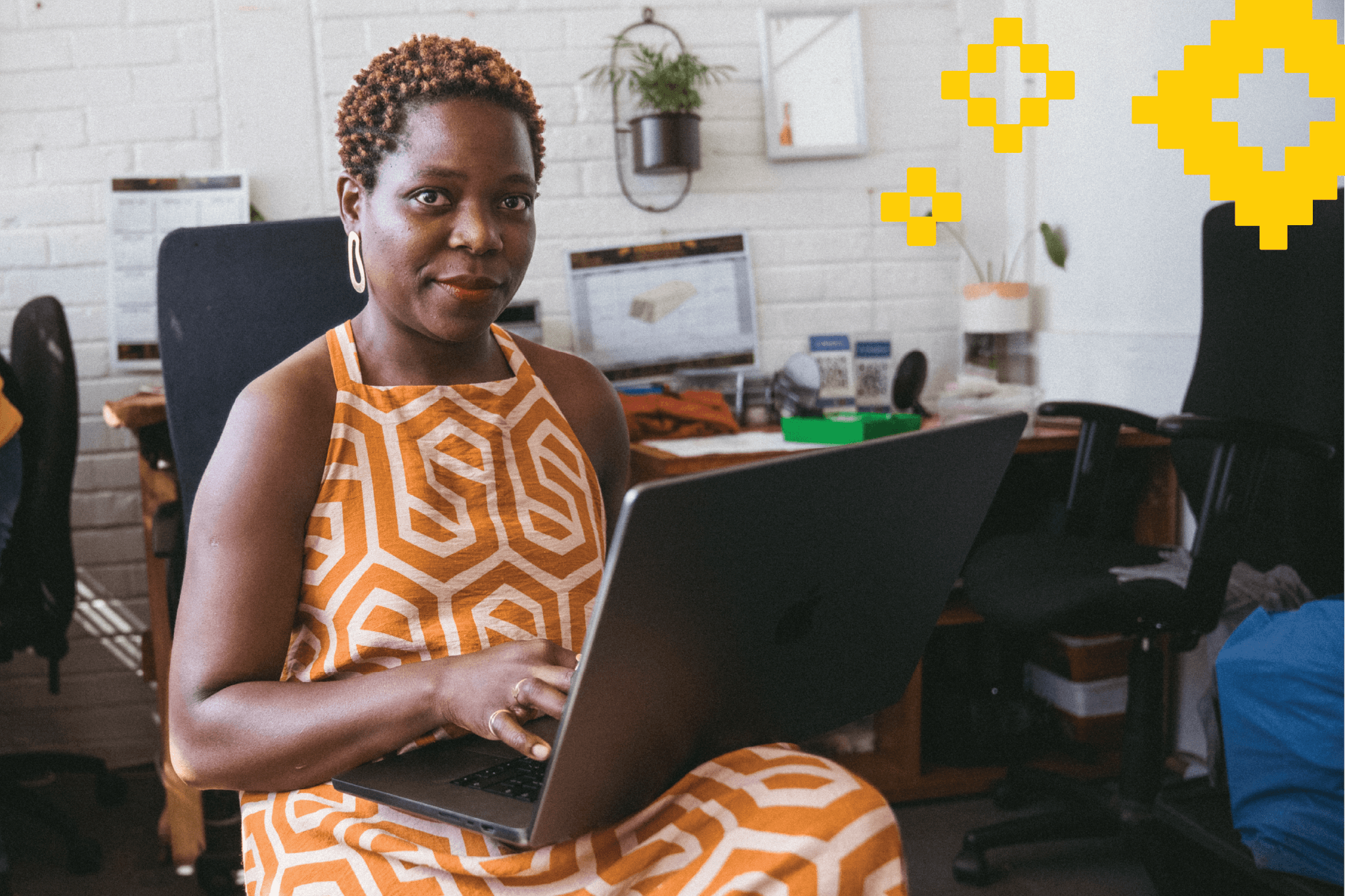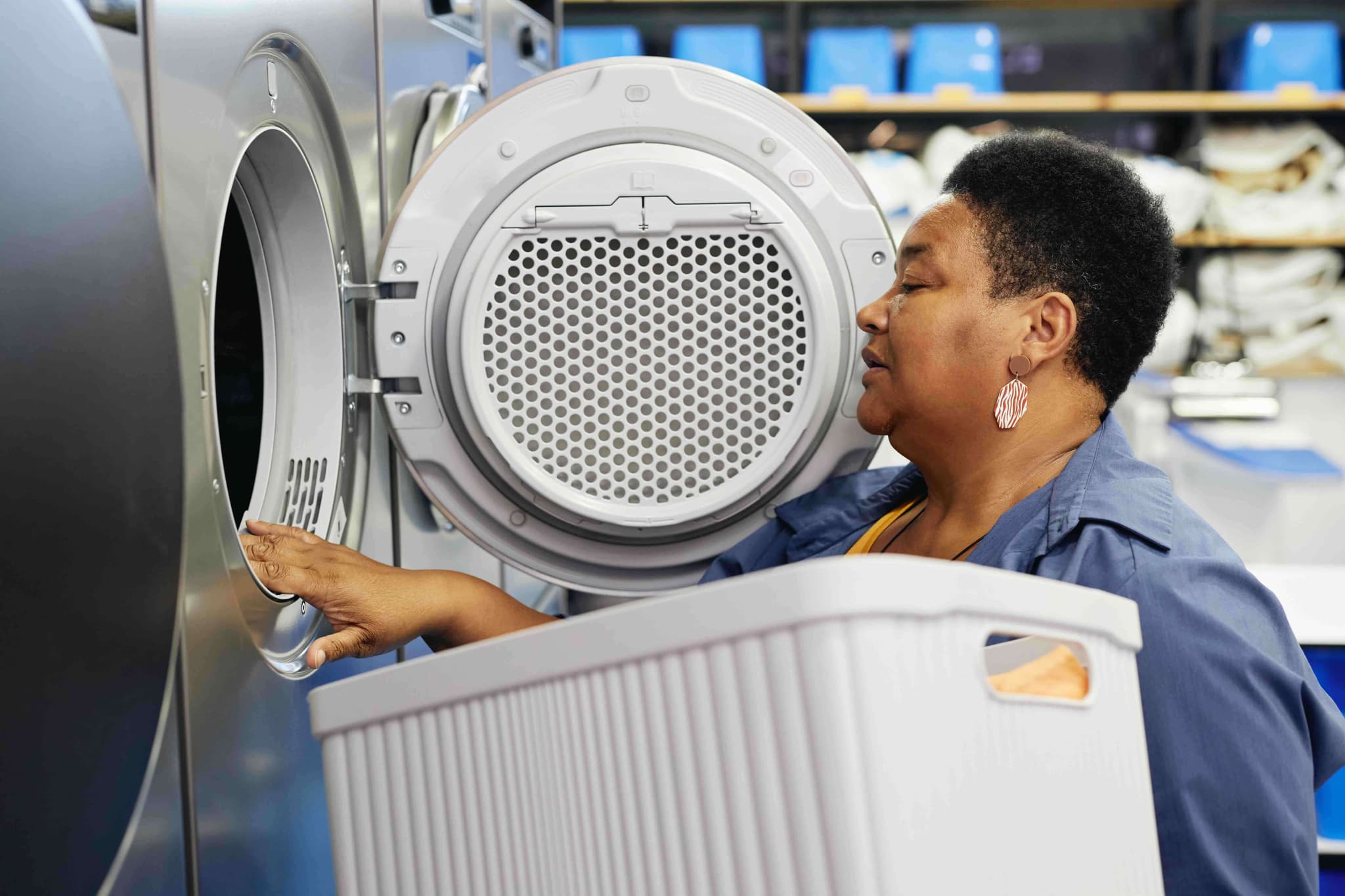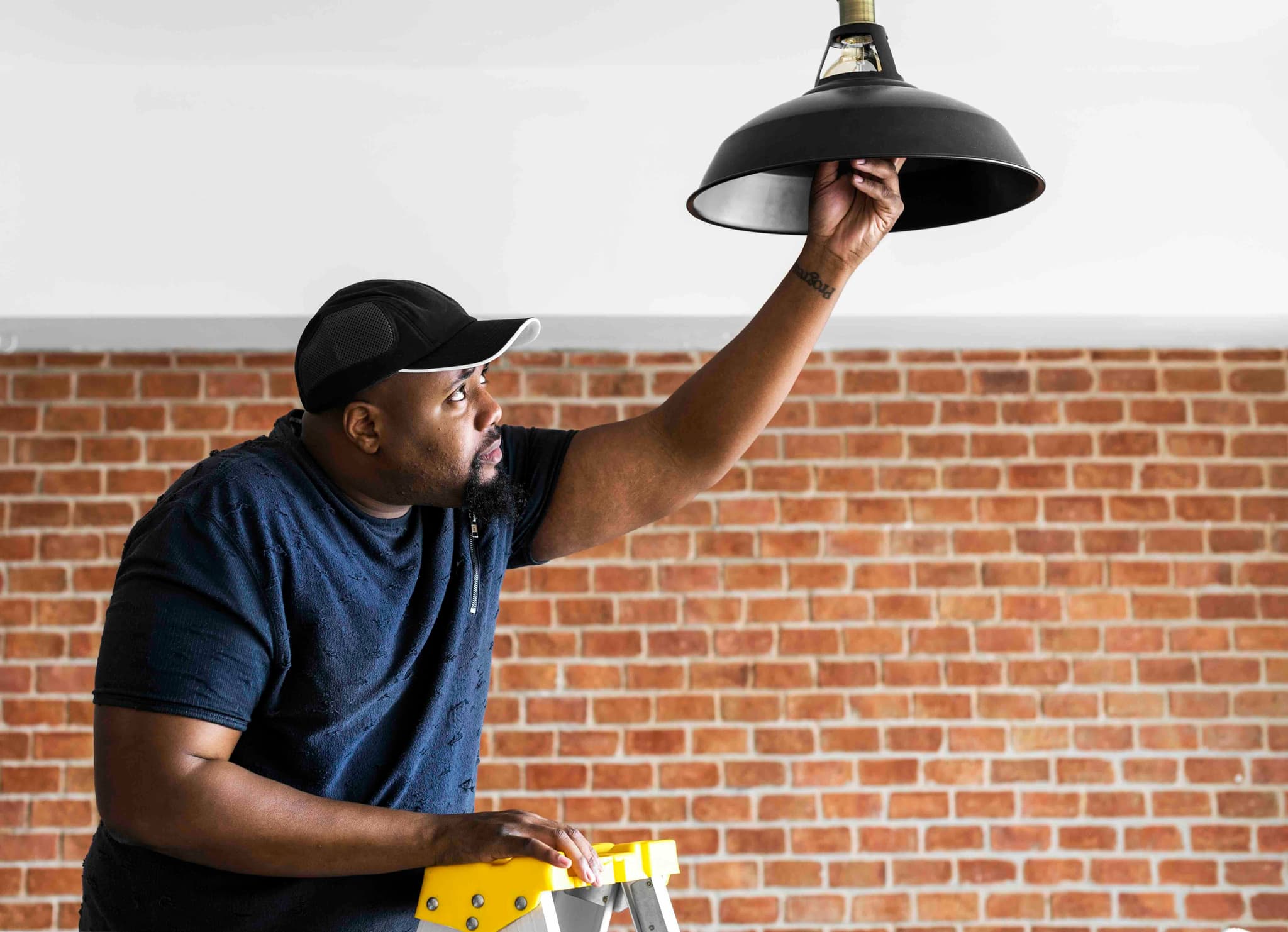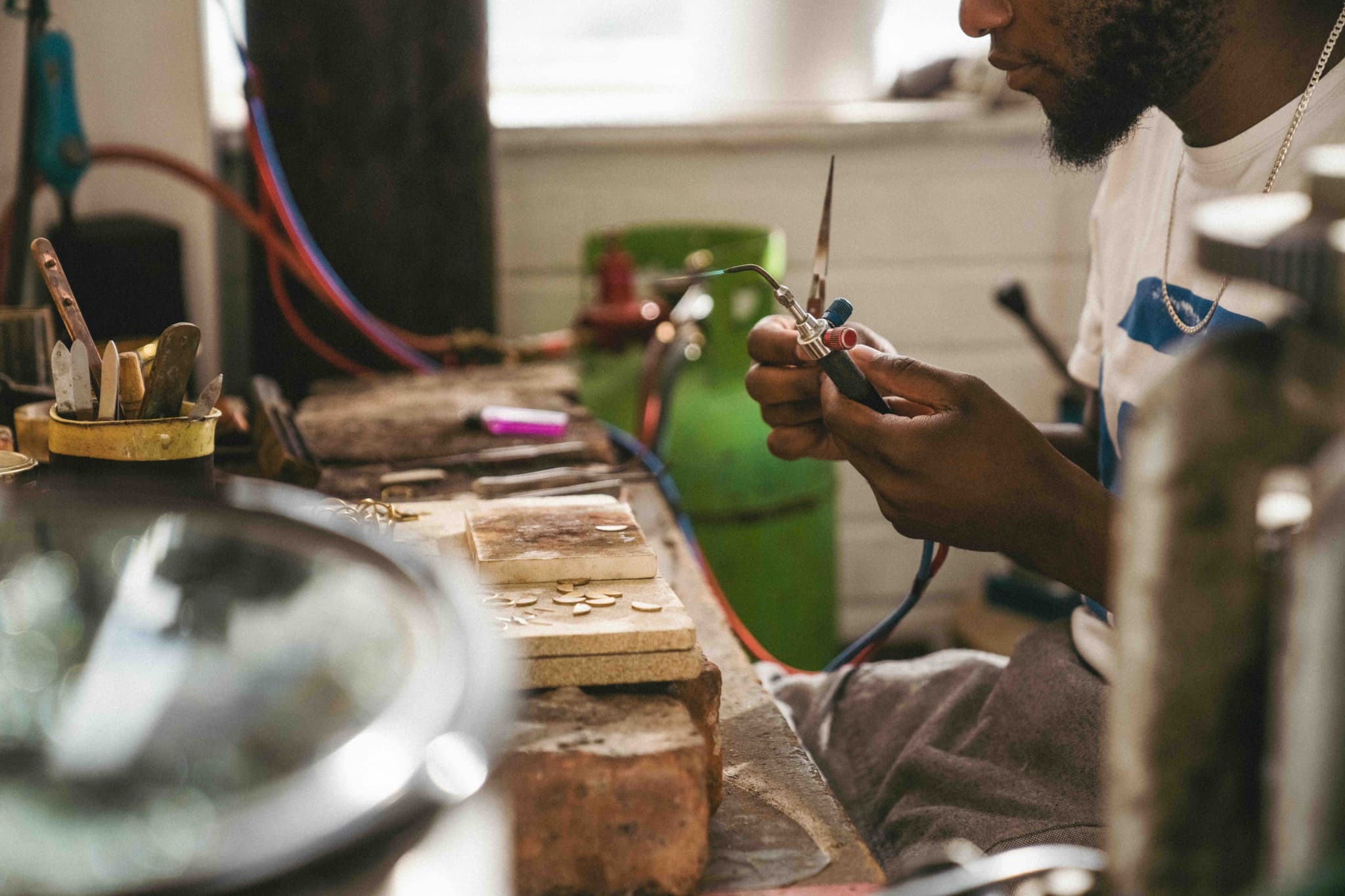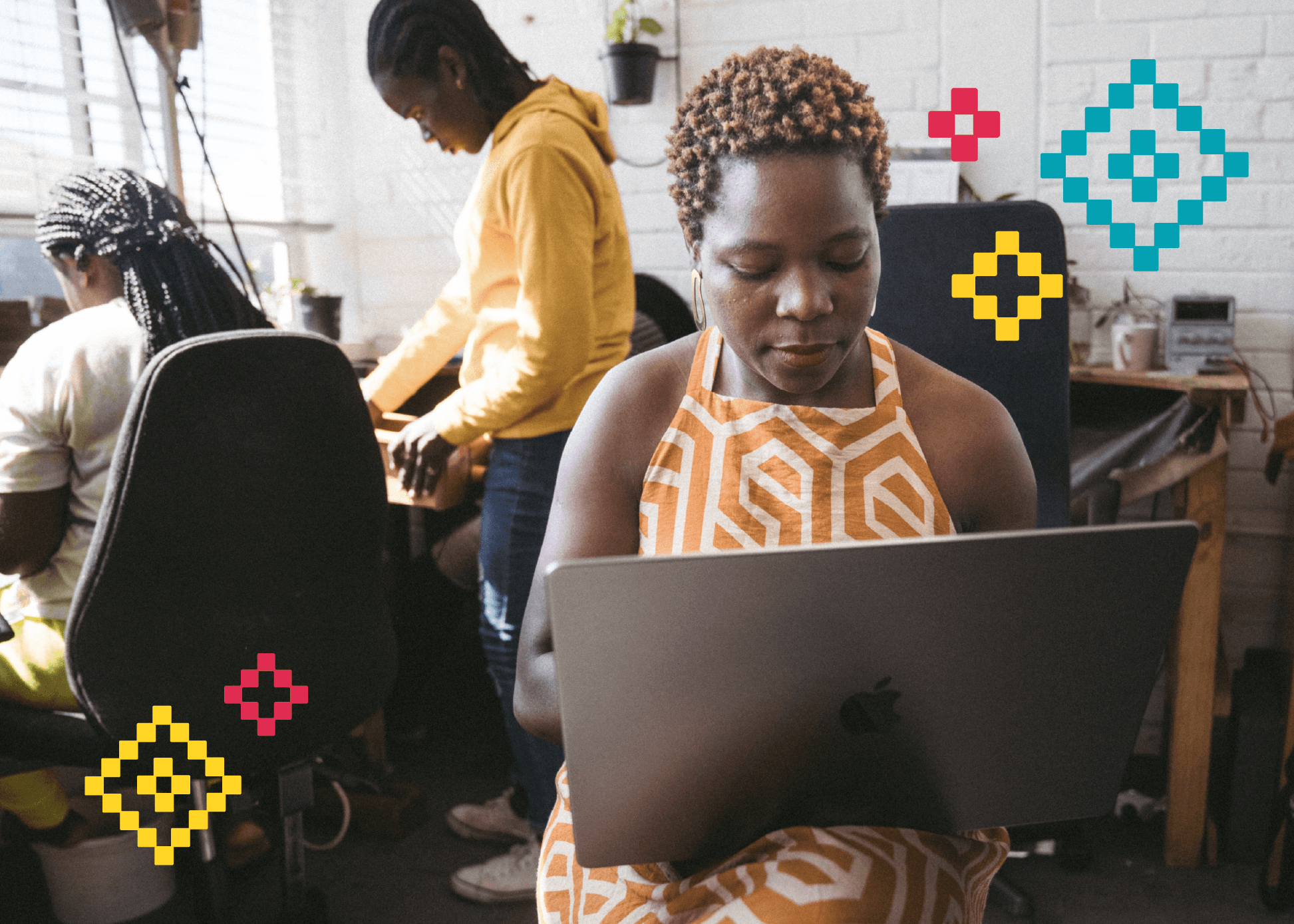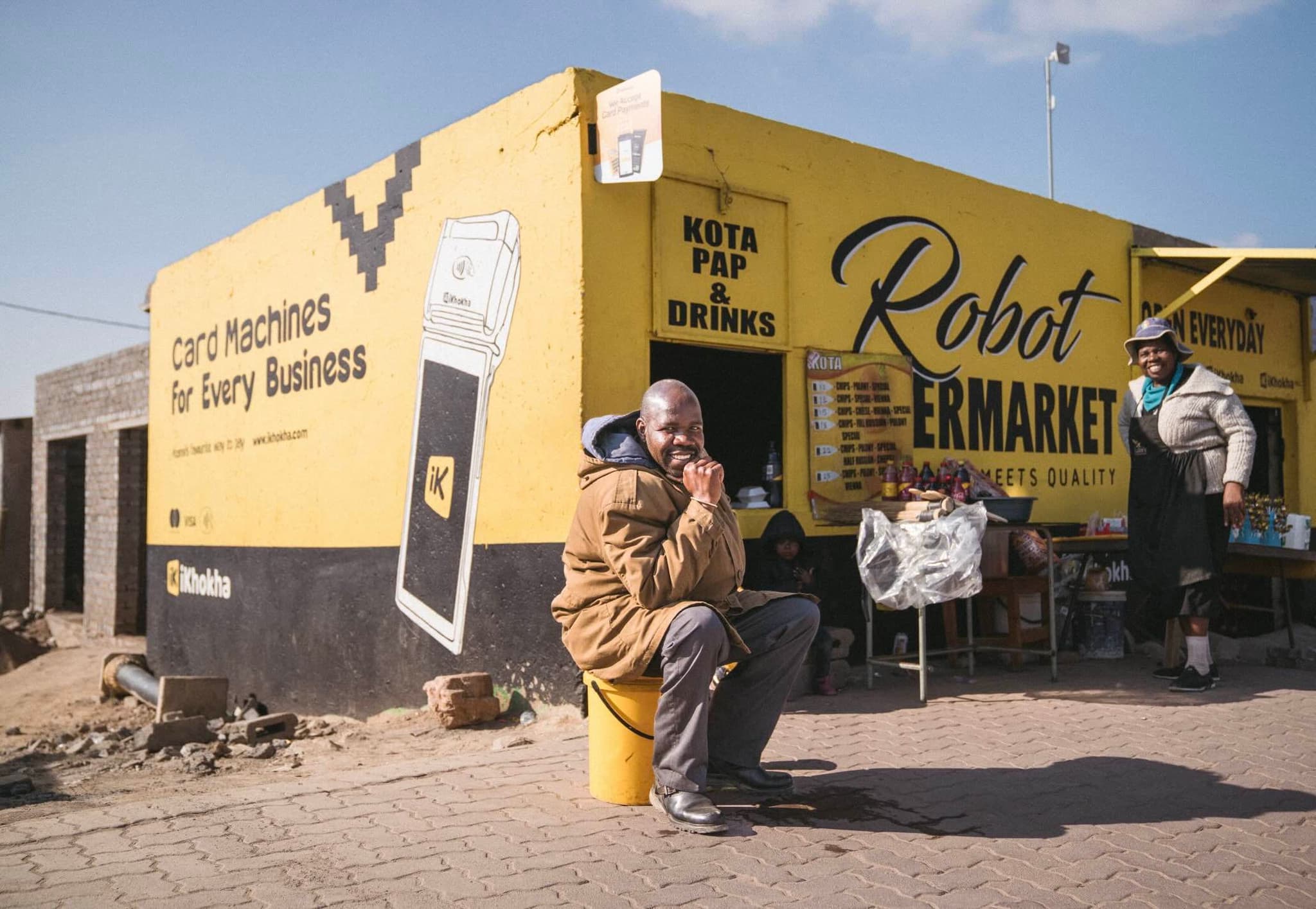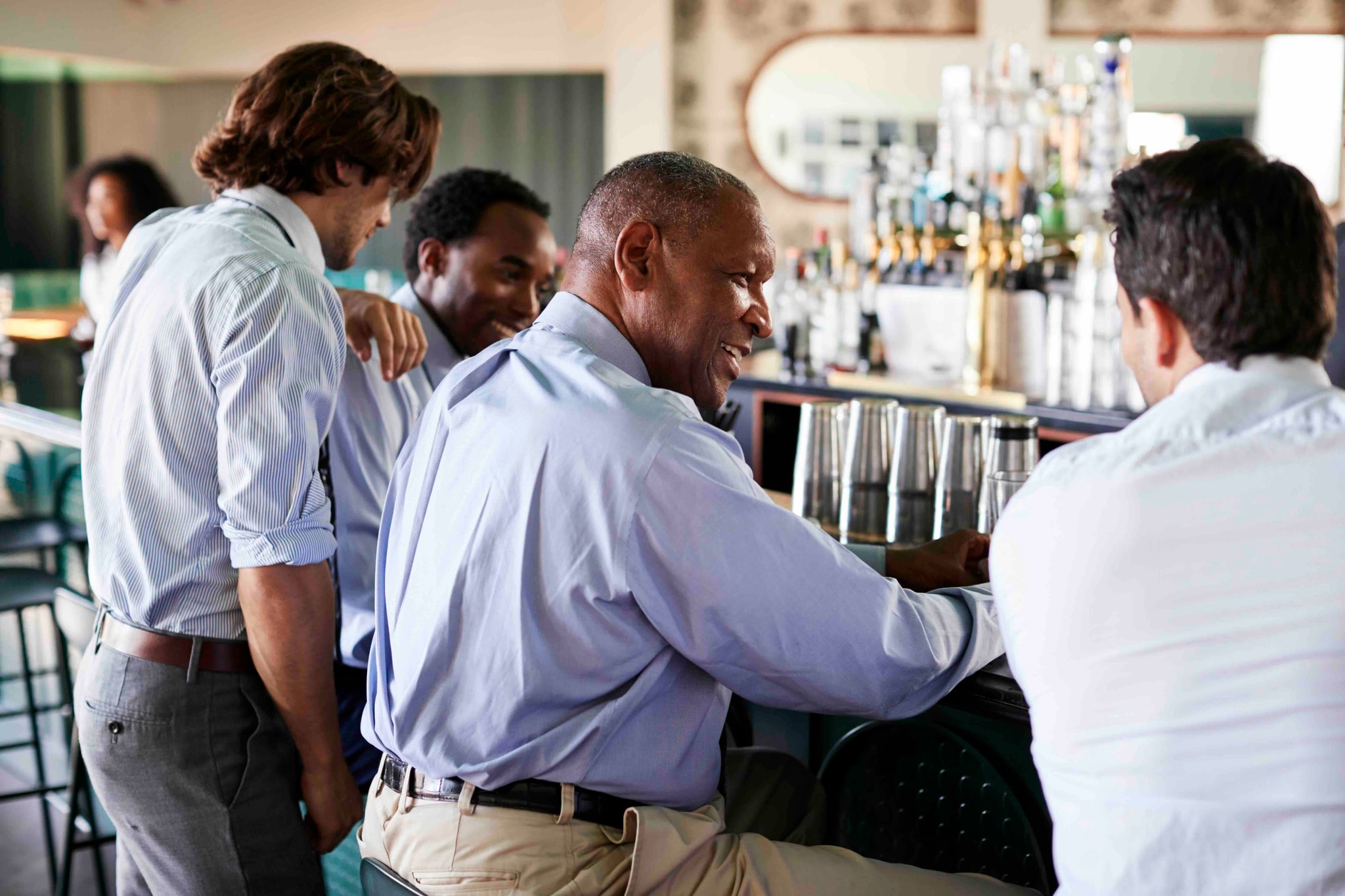
How to Open a Bar in South Africa: Your Complete Step-by-Step Guide
Learn how to open a bar in South Africa with practical steps on costs, licences and setup, plus tools from iKhokha to keep things running smoothly.
Table of Contents
- Introduction
- Key Takeaways
- Map out your bar business plan
- Start out without breaking the bank
- How to start a pop-up bar
- Get your licenses in order
- Finding the right location
- Designing your bar and setting the atmosphere
- Crafting a winning menu
- Hiring and training staff
- Managing your bar day-to-day
- How to do bar inventory
- Marketing your bar
- Equipment and suppliers
- Using Point-of-sale and payment tools
- Tracking finances and growth
- Final Pour
We South Africans don’t exactly need a special occasion to go out. A good bar is where people unwind after work, celebrate small wins or just catch up with familiar faces. From lively taverns with the music turned up to sleek rooftop spots in Joburg, bars are woven into how we socialise. It’s not really about the drinks, it’s about creating a place where people feel comfortable and connected.
If you’ve been thinking about opening a bar in South Africa, you’re tapping into an idea with solid demand and plenty of room to make it your own. But it isn’t only about buying stock and setting up stools. It takes planning, resourcefulness and the ability to manage people, money and atmosphere all at once.
With the right approach, you don’t need a fortune to get started. But you do need systems that can handle fast service, busy nights and real-world bar chaos, especially a reliable POS system for a bar that helps you take payments quickly, track sales and stay in control when things get hectic.
Key Takeaways
- Profit potential is strong. Alcohol often carries higher margins than food, which means a well-run bar can grow quickly.
- Licenses are essential. A liquor license and business license are non-negotiable and without them you risk fines or even closure.
- You can start small. Mobile cocktail services, pop-up nights, or partnerships are affordable ways to test the waters.
- Location makes the difference. Match your vibe to your target market and prepare for extra costs like rent and backup power.
- Good management keeps you growing. From training your team to tracking sales and stock on a bar POS system, your day-to-day discipline is what keeps customers coming back.
Map out your bar business plan
Before you pour a single drink, it helps to know what you’re trying to build. This doesn’t need to be some corporate-style document. It’s more about getting your thoughts straight so you’re not making things up as you go. Start with the kind of bar you see yourself running, like a sports pub with TVs everywhere or a cosy cocktail spot with a few signature drinks or a neighbourhood place where people pop in for an affordable quart after work. Think about the people you want to attract and what would make them choose your place over the next one.
It’s also worth jotting down your estimated costs, how you plan to price your drinks and what sets your bar apart. Putting it on paper helps you notice weak spots early, which can save you money later. And if you ever need to chat to a partner or an investor about your idea, you’ll have something solid to share instead of just explaining it off the top of your head.
Start out without breaking the bank
A lot of people like the idea of opening a bar, but the price tag usually feels like a big wall. And sure, you’ll need some cash to start, but you don’t have to jump straight into a full venue. Plenty of bar owners ease into it with a mobile cocktail bar or by hosting pop-up nights in places that already have a licence. It’s a relaxed way to figure out what works, meet your crowd and build a bit of money before committing to a long-term lease.
Once you start getting steady bookings and you need a bit more working capital to keep things flowing, iKhokha’s cash advance can be a real help. It’s quick, doesn’t pile on admin and gives you the breathing room to take on more events without stressing about upfront costs.
How to start a pop-up bar
If you’re trying to get your foot into the nightlife world without sinking a fortune, a pop-up bar is a solid starting point. You’re testing your idea in the real world without paying rent or hiring a full staff team. All you need is a portable setup, a venue that already has a liquor licence and some basic bar gear. Keep your menu simple and match it to the kind of crowd you expect.
Pop-up bars fit in almost anywhere like markets, festivals, weddings and corporate events and they’re perfect for getting your name out there. Every event exposes you to new people and because you’re always in a different spot, you naturally build up content for social media. A lot of successful bar owners used this phase to save money, fine-tune their style and figure out what kind of permanent space they actually wanted.
Get your licenses in order
Before you welcome your first customer, the paperwork has to be sorted. In South Africa, the most important thing is your liquor license and that process can take months. Each province has its own liquor board and the requirements are strict, from zoning permissions to health inspections. Many bar owners get stuck here because they underestimate how long it will take.
You will also need a business license from your municipality and if you plan to serve food, health and safety certificates are essential and it's risky to skip these steps. Not only could you face fines, but you could be forced to shut your doors just as you’re getting started.
It’s worth speaking to someone who has been through the process or hiring a consultant who specialises in liquor applications. Yes, it costs more upfront, but it can save you from expensive delays later. Just think of it as setting a strong foundation and without it, everything else could come crashing down.
Finding the right location
A bar’s location really can make or break the business. Picture a cosy tavern with music spilling into the street - it works in a busy township where foot traffic is high. But the same tavern might struggle in a quiet suburb where residents complain about the noise. That is why location is about more than rent, it’s about matching your vibe to the people around you.
Look for a space that fits your target audience. If you want young professionals, set up near office parks or nightlife hubs. If you’re chasing students, being close to campus makes sense. In smaller towns or rural areas, think about how people will get to you and get home again. Having enough parking or being close to transport makes a big difference, especially late at night.
Also keep an eye on the extra costs that can sneak up on you, not just rent but things like electricity, water and security. And with load-shedding still a reality, having backup power isn’t a luxury anymore.
Get those basics right and your bar naturally becomes part of the community. If you pick badly and you’ll fight for every sale.
Designing your bar and setting the atmosphere
People don’t only go to bars for what’s in the glass (maybe some do) but truly they come for the vibe. The way your bar looks and feels plays a massive role in how people experience it. Music, lighting, décor and even how the chairs are arranged can change the whole mood. A sports bar has a completely different energy compared to a cocktail lounge and that’s exactly how it should be. Your setup should match the personality you want your bar to have.
A really good starting point is asking yourself what you want people to feel when they walk in. Is this a spot where they can switch off after work, or a place where the night picks up and the dancing starts? As soon as you know that, it’s much easier to build the atmosphere around it. You don’t have to spend a fortune either. Simple things like the right paint colour, comfortable seating or a decent sound setup go a long way. Even small details like a few pieces of local art and a curated playlist can give your bar a signature feel that people will remember.
Think practical too. A bar counter that’s too small slows down service and poor lighting makes menus hard to read. These are the details customers will remember so if you get them right, they’ll choose your bar over the one down the road.
Crafting a winning menu
Your menu is more than a list of drinks. It’s a chance to create your bar’s signature style and keep profits flowing. Alcohol has strong margins, but the real art is in how you price and present it. A couple of standout cocktails can get people talking, but don’t forget the classics. Serving local favourites like quarts or ciders helps you keep regulars coming back.
In the beginning, keep your menu tight. Stocking too many options eats into your budget and usually leads to unnecessary waste. Instead, try to focus on a small range that you know people will buy, then you can expand as your business grows and don’t forget non-alcoholic options too. They show inclusivity and can keep groups of friends together when some don’t drink.
Food can also lift your sales if it matches the kind of bar you’re running. Even basic snacks like chips, wings or a small platter give people a reason to stick around a bit longer and that usually means a higher spend per table.
Just keep an eye on your numbers. Make sure your prices actually cover what it costs to make the food while still leaving you with a healthy margin. A solid menu doesn’t have to be fancy; it just needs to be affordable for your customers and sustainable for your business.
Hiring and training staff
People will forget an average drink, but they won’t forget how they were treated. A bartender who greets regulars by name or a waiter who keeps things moving on a packed night can turn occasional visitors into loyal customers.
When you’re starting out, keep your team small and choose people who match the atmosphere you want your bar to have. Skills can be trained, but attitude is harder to fix so try to look for staff who enjoy connecting with people, who can stay calm when the place gets packed and who take pride in their work. Once they’re on board, then invest in training. Teach them how to pour consistently, upsell politely and handle payments without delay.
Using a card machine like the iK Flyer makes running your bar smoother and way more reliable. It’s portable and quick, so staff can take payments right at the table. That means less time is wasted handling cash and fewer chances of mistakes happening at the till. Anyone who has counted a cash drawer at the end of a long night knows the frustration of coming up short.
Managing your bar day-to-day
It’s easy to get caught up in the fun parts of running a bar, but the real backbone of the business is the day-to-day operations. Keeping an eye on your sales, stock and expenses is what keeps everything moving, even when things get busy.
With the iK Dashboard, you can see your sales as they come in. That makes it much easier to understand what’s working. You’ll spot your top sellers, notice when something’s slowing down and learn which nights you need extra staff or more stock. It takes a lot of the guesswork out of planning.
And once you’ve got your systems in place, staying consistent matters more than people realise. Keep the music, service and overall vibe steady, and customers start trusting your space. People come back because they know what kind of experience they’re walking into, not because they’re hoping for a different one every time.
How to do bar inventory
Knowing how to do bar inventory properly can make or break your profit margins. Inventory isn’t just counting bottles, it’s about understanding what you’re selling, what’s being wasted and what’s disappearing unnoticed. Start by creating a simple weekly stock-count system. Measure open bottles using a liquor gauge or weight scale, and record everything in a spreadsheet or on your POS system. That way, you can track exactly how much product is being used versus what’s being sold.
Real-time sales data from the iK Dashboard helps you see which drinks move fastest so you can restock before you run out. It also highlights problem areas, like overpouring or unrecorded sales. When staff know inventory is tracked accurately, shrinkage drops instantly.
Effective inventory control leads to more accurate ordering, less wastage and better cash flow, all crucial for running a profitable bar long-term.
Marketing your bar
To grow your bar, you need people to know that you exist and actually feel excited to pull in. Word of mouth still helps, but these days a little digital presence goes a long way. Platforms like Instagram and TikTok make it easy to show off what makes your place worth visiting. Short snippets and clips of cocktails being made, a quick look at your DJ setting up or a simple post about your specials can draw attention fast.
Don’t forget the local side of things either. Get involved in neighbourhood events, invite local artists to perform or host something small like a quiz night. Even sharing updates with your regulars through WhatsApp groups helps keep your bar top of mind. The more connected you are to the community around you, the more people start to see your bar as their spot.
And whatever you do, keep the momentum going. Marketing only works if you stay present and consistent. Keep sharing stories, upcoming events and new ideas. A bar that markets itself consistently doesn’t rely only on weekend rushes, it builds a steady crowd throughout the week because people always know what’s happening and feel part of it.
Equipment and suppliers
The proper equipment is necessary for every bar to function properly. Although you don't need to spend a lot of money up front, the equipment you select must be reliable. A fridge that stays cold during peak hours, a blender that doesn’t burn out mid-service, glassware that suits your bar’s vibe - these details really do matter. When something breaks, like a tap system on a Friday night, it’s not just an inconvenience. When things go wrong behind the scenes, it doesn’t just cost you money, it chips away at your reputation and can send customers elsewhere. That’s why it really helps to work with suppliers you can count on. Good relationships with your beverage distributors often mean better prices, faster deliveries and less stress when you suddenly get a rush of customers.
And it’s not only the pricey items you need to think about. The small stuff disappears quicker than you expect. Running out of cleaning supplies, straws or serviettes in the middle of a busy shift throws your staff off and frustrates customers. Keeping those basics stocked makes your whole operation feel smoother.
They also disappear more quickly than you might think.
Maintain a streamlined, dependable and service-ready setup. With your bar, the others can expand.
Using Point-of-sale and payment tools
In a busy bar, things move fast. People don’t want to stand around waiting while the barman digs for change, and your team loses their rhythm the moment the queue starts building. That’s why card payments make such a difference. With the iK Flyer, the transaction is done in a few seconds and the drinks can keep moving.
The iK Flyer is made for those packed Friday and Saturday nights, it handles payments quickly, prints receipts on the spot and keeps up when the bar gets loud and busy. For pop-up bars, markets or mobile cocktail setups, the iK Flyer Lite is usually the better fit. It’s lighter, easier to move around and perfect when your team needs to take payments on the go. Pop-up customers don’t normally expect printed slips, so the Lite’s portability becomes a real advantage. Your staff can walk straight to the customer, tap or insert and move on to the next order without slowing down.
Both machines make tipping smoother since customers can add a tip on the screen instead of relying on a jar that gets overlooked. And every payment syncs to your iK Dashboard in real time, so your numbers stay clean and accurate with no end-of-night surprises.
Less admin for you, better flow for your team and happier customers who never have to wait to pay.
Tracking finances and growth
A bar might look like it runs on loud music and cold drinks, but the real engine is the numbers behind it. If you’re not keeping track of what’s coming in and what’s going out, problems can creep up quickly.
Make it part of your daily routine to check your sales and expenses. The small things add up, stock that gets wasted, discounts that shouldn’t have been given, or drinks that were poured but never rung up. With the iK Dashboard, you can see your sales in real time, spot your busiest nights and get a clear picture of how your bar is doing overall. Having those numbers handy makes it a lot easier to plan properly and make confident decisions.
And when you start thinking about growth, that means thinking ahead, not just about the bar you’re running today, but the one you want it to become.
Maybe you want to bring in a food menu, host live music, or even open a second branch. Solid money management makes those ideas possible then when the time comes to scale, iK Cash Advance gives you quick access to funds without the long wait you’d get from a bank.
At the end of the day, running a bar is about striking the right balance: keep the fun flowing for your customers while staying serious about your numbers. Do both well and you’ll build a business that lasts.
Final Pour
Opening a bar in South Africa isn’t only about starting a business, it’s about creating a place where people meet, relax and celebrate life’s moments. If you’ve been thinking about taking the leap, the path is more manageable than it looks: plan carefully, start with what you have, make sure your licences are in place and run your bar with intention.
It won’t always be smooth, but with the right setup it can become one of the most fulfilling ventures you’ll ever take on. Get the atmosphere right, hire people who add to the energy and use tools like the iK Flyer or the iK Flyer Lite to keep payments quick and stress-free. With the iK Dashboard keeping your numbers updated around the clock, you’ll always know how your bar is performing.
South Africa’s nightlife is lively and full of character. With the right approach, your bar could become the place people talk about, return to and make part of their routine.
FAQs About Opening a Bar in South Africa
Some rural municipalities or specific licence categories may be lower, but these are the exception rather than the rule. You may also have additional costs for consultants, zoning, inspections or renewals.
- A business/trading licence from your municipality
- Zoning approval for your premises
- Health and safety compliance, especially if you serve food
- SAPS clearance and a tax clearance certificate
Like any hospitality business, success comes down to sustainable pricing, atmosphere, service quality and understanding your local market.

